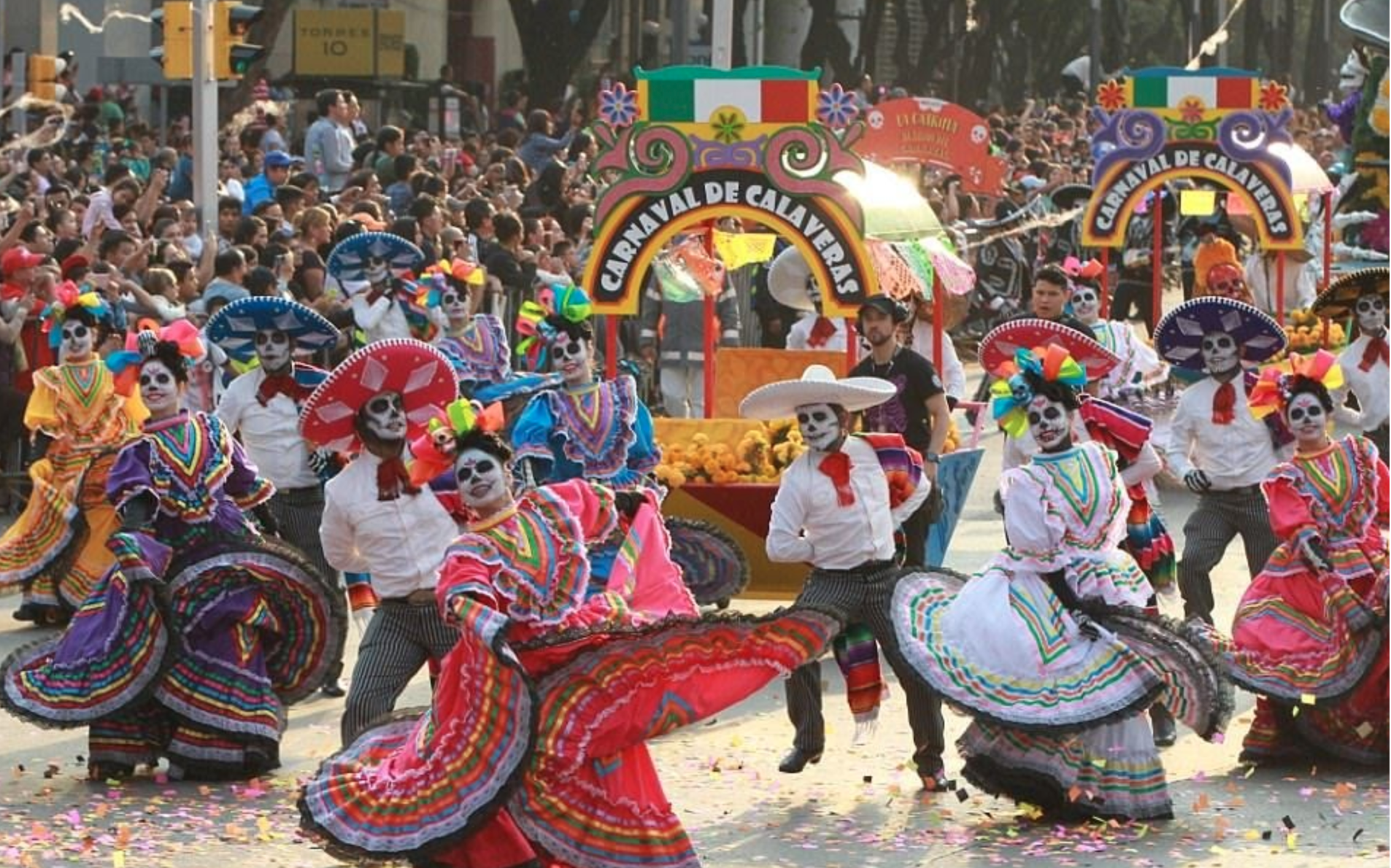With Halloween rapidly approaching, it’s unfortunately not rare to see people appropriate a culture for a Halloween costume, a majority, not aware of the impact of their actions. Therefore, it is important for people to educate themselves on what it means to appropriate a culture, not only in the context of Halloween, but in everyday life. In 2020 and with the current climate of discrimination towards minorities it is not acceptable to be ignorant of your actions. Therefore, this article was written to educate you on the ways that you can avoid culture appropriation and instead, appreciate other cultures without offending anyone.
Culture appropriation is defined as “the unacknowledged or inappropriate adoption of the customs, practices, ideas, etc. of one people or society by members of another and typically more dominant people or society”. However, by this definition it would be impossible for the exchange of cultures to happen, we would have to stick to the food of our culture, the clothes of our culture, the ideas of our cultures, etc… So when does it become offensive?
It becomes offensive when someone of the culture you are appropriating (a less dominant culture), says it is offensive to them. This is because it reinforces the idea that their voices are unheard and that the superior culture can exploit them without any knowledge of what their actions mean.
Throughout my various discussions about cultural appropriation, people have rebutted about how “sensitive” people are by referring to the way black women straighten their hair and say “is that not cultural appropriation?” No, it is not. Black women and other marginalized groups can adopt certain aspects of white people because it can be seen as a way to “fit in” and to get ahead of society’s predominately white beauty standards. When the Kardashians wear their hair in cornrows (a traditionally black hairstyle), they are using the culture of a less advantaged group as a form of “style” without crediting black women and the hairstyle’s history. Wearing a sombrero to Halloween and labeling reinforces stereotypes and disrespects Mexican history by simply reducing it to a costume for your entertainment and laughs.
Examples of offensive Halloween costumes can be: a sheikh, a ninja, an Indian princess, A Mexican, A geisha,… the list goes on. There are also ways in which people exercise cultural appropriation in other contexts such as wearing cornrows, using Japanese culture as an aesthetic, or wearing bindi at a festival which if you think about, are the types of costumes we all saw last weekend during halloween.
Does this mean I shouldn’t use chopsticks? Or drink a cappuccino if I’m not Italian?. There is a very fine line between culture appropriation and appreciation. For example, a groom wearing an Indian robe to honor the tradition of his partner can be a cultural appreciation because it is done with the intention to honor and respect the culture. Not for means of fun or style. By admiring a culture and learning about their history you are appreciating a culture.
As I mentioned earlier, eating sushi and doing yoga is also a form of culture appropriation by definition, making it sometimes confusing to know if you are offending others. Therefore, I made a list of key questions you should ask yourself when making a decision to determine if you are appropriating or appreciating a culture:
- Why am I doing this? If the reason is; because it’s funny, entertaining, stylish, fun then you are culturally appropriating.
- Am I respecting this culture by wearing/doing this? If you are being invited to use the culture by someone of that culture (such as entering a mosque and being asked to cover your hair, or being invited to wear henna to honor a bride at an Indian wedding) then it is seen as appreciation, make sure to educate yourself on the origins and meaning of the cultural aspect.
- Has someone from this culture said that it is offensive to them? If the answer is yes then this is definitely culture appropriation and by not acknowledging their opinion you are feeding into the oppression and colonization of their culture.
- Am I seen in power in society over the culture I am using right now? If you are a white family trying to open an Indian restaurant without ever visiting India or bothering to learn about Indian culture, then you are taking credit for a culture that isn’t yours and “colonizing” it as your own.
- Am I unsure if this is going to offend anyone? If you are unsure if you’re offending someone, you probably are, it’s better to be safe and choose another costume or hairstyle.
As a rule of thumb, act with empathy and with an open-mind to other people’s perspectives. Appropriation can be confusing so don’t be afraid to ask someone from the culture it concerns or do a quick search online. It’s okay to make mistakes but make sure you educate yourself to prevent offending someone by accident.




